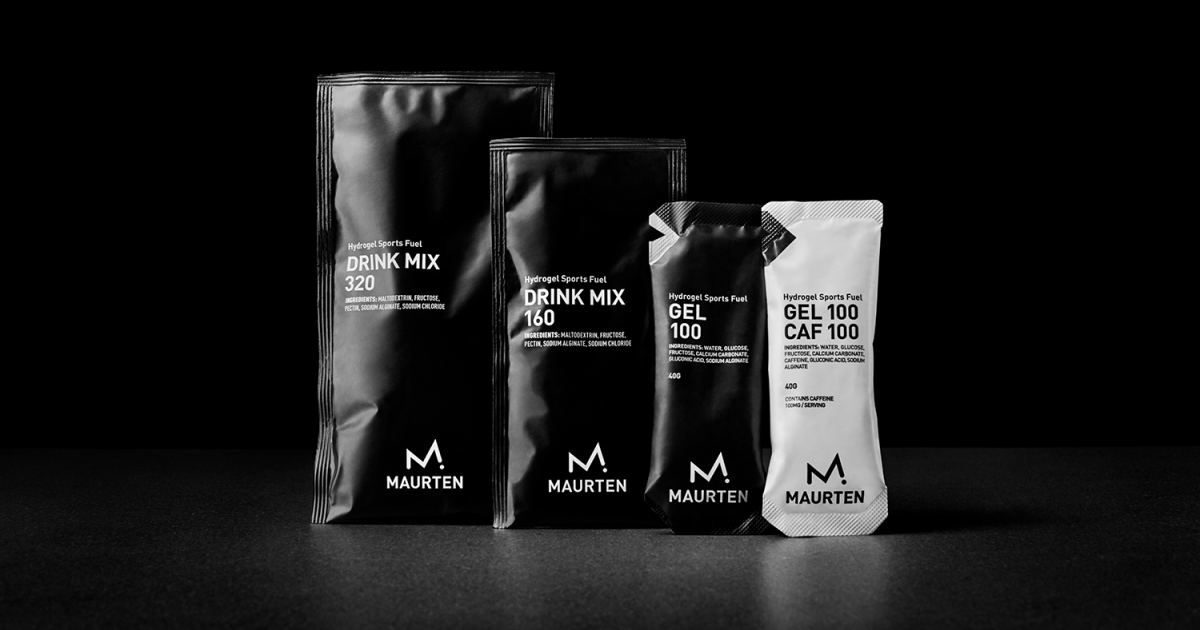There is a great deal of info available
regarding healthy eating and nutritional science. One important question to ask yourself to start: what are your nutritional goals? Is it to: improve
your gastrointestinal health and microbiome, lose or maintain weight, build muscle, and/or fuel properly for
optimal performance? Each have their own nutritional protocols and biological mechanisms. Given there can be a great deal of overlap, it is
important to identify your primary goal in order to
explore and experiment with what will work best for you. Below are my tips and fueling examples on "How to Fuel for Endurance" in training and races to optimize your performance and recovery.
Training/Racing LESS than One Hour:
Normally, you
do not need to emphasize too much about consuming calories before or during training that is less than one hour. Our bodies have large caloric reserves, particularly lipid and glycogen storages. If it has been several hours since your last meal, you can choose to fuel with a small snack with calories for satiety. Or if you need a quick pick me up, a caffeine dose before can be helpful as long as it is in the first half of the day. Caffeine anhydrous does not have calories (it is a stimulant), which is normally recommended about 30 minutes before +/- 10 minutes depending how tolerant you are to caffeine.
After training, aim to consume a high
quality protein source either as a drink or smoothie mixed with simple carbohydrates to facilitate absorption or in solid form such as: lean chicken, grilled fish,
salmon, hummus, etc. The optimal post workout nutritional ratio is a 3:1 ratio of carb to protein. Research shows this carb-protein combination consumed within 30 minutes of exercise nearly doubles the insulin response, which results in a faster replenishment of glycogen stores.
Training/Racing MORE than One Hour:
Here is where
you will want to focus on calorie quantity and quality depending how long and
intense you are training. For any long training session and/or endurance event such as a marathon, ultra, or triathlon, training the GI (gastrointestinal) tract to process calories during exercise takes practice and experimentation with what works best for you. You can find an immense array of high density calorie mixes to help facilitate fueling during training/races. My recommendation is try several different products during your long runs/rides to see what is palatable and what settles well with your GI tract. I have trained with a variety of fueling sources in order to have a pretty durable GI tract to be capable of processing almost anything during marathon training, ultras, and ironmans. I also prefer solid foods during lower intensity sessions and/or longer training sessions of several hours because my palate gets tired of all the simple sugars. My philosophy is train with as many products as you can to explore with what works for you in training and then hone in on the one or few products that are your favorite to find the frequency you can consume it during your races to optimize your race performance.
Consume high quality complex carbohydrates (polysaccharides) mixed with protein and/or healthy fats
before and after. During activity is where you want to opt for simple carbohydrates. Simple
carbohydrates (monosaccharides or "sugars") are the preferred choice of macromolecule to be processed during activity, as it gets absorbed into the bloodstream primarily. The amount of calories will vary per individual. For example, if you are running near or at your race pace, you want to stick to a steady flow of consuming simple carbs. Your GI tract is not able to process calories as efficiently the closer you get to race pace. If you are cycling, you can normally process more calories than when you are running; therefore, you can consume more on the bike.
The longer the endurance training or event, the MORE essential it
is to find a fueling strategy that works with your GI tract. You will find some athletes report after an Ironman, marathon, or ultra that they were sidelined, slowed down, or DNF’d (did not finish) due to GI distress, cramping, vomiting, etc.
Most of the time, this is avoidable as it was due to lack of training the GI tract to withstand a fueling strategy (and the weather temperature also affects this making it even harder to process calories the hotter it gets), while racing for 4, 12, 24 hours, or longer.
Physiologically, our GI tract can be trained; however, it needs practice equally as our muscular and skeletal systems need in order to endure the length of these events. My
strongest Ironman, ultra, and marathon times have been from a combination of proper training, race
execution, and the final touch of a proper fueling strategy. This has been practiced and honed in on during long training sessions. Practice different fueling strategies in training first before utilizing it in
a race. Below are some examples I've used:
BEFORE: 100-500 Cal 1-2 hours before start
* Electrolit for electrolytes (zero calorie has 4 flavors, caloric form has over 15 flavors)
* Vital 4U supplements premium (each packet has 12 pills with 80+ nutrients)
* Vital 4U pouches (4 flavors, 3 caffeinated levels)
* cup of oats with blueberries, walnuts, and superfood powder mix
* cup of greek yogurt with raspberries and almonds
* wheat
bread toasted with almond butter and sliced banana drizzled with honey
* crackers with peanut butter, sliced banana, sprinkled with pine nuts
* lean grilled chicken or egg whites with veggies (for my afternoon or evening
sessions)
* wheat
bread with avocado, hummus, tomato, and tapatio (adds sodium)
* light
smoothie with frozen banana, almond milk, flax, chia
* Maurten Drink Mixes 320/160 (simple carbs mixed with water)
* Maurten Solid (225g Carbohydrates per bar)
DURING:
100-500 Cal/hr
* Maurten hydrogels (perfect during racing, comes in caffeinated and non-caffeinated forms)
* Maurten Drink Mix 320/160 (perfect for racing triathlons or when you carry bottles in road/trail races)
* Maurten Solid Bars (oat and cocoa flavors)
* nutty bars
* salty trail mix
* individual packets of almond butter
* chips
* crackers
with cheese
* almond butter or avocado sandwich (for mountain runs)
* turkey sandwich with avocado, hummus, veggies, salsa (lunch on mountain days)
* Electrolit bottles or powder mix for electrolytes replenishment
* Electrolit bottles or powder mix for electrolytes replenishment
AFTER:
100-500 Cal within 30 min of finishing
* protein
drink or chocolate milk
* biltong or jerky
* lean grilled chicken with wild rice and steamed veggies
* lean grilled chicken with wild rice and steamed veggies
* grilled
fish with kale and couscous
* blackened salmon with
quinoa
* grilled shrimp or scallops with baked sweat potato
* ceviche or mariscos with pico de gallo and air popped popcorn
* Electrolit (replenish electrolytes lost)
* ceviche or mariscos with pico de gallo and air popped popcorn
* Electrolit (replenish electrolytes lost)
* Maurten Drink 320 Mix (replenish carbs burned)
* Maurten Solid bars
* Trifecta healthy balanced meal (saves time)
Your individual needs may also change as you become more efficient. They may change as you vary your intensity in training and races. You will notice some athletes will need less than others because they are either pushing at a higher intensity or have already trained to require less. What works for one may not necessarily always work for another. Experiment with what works for you and implement that strategy on race day. Feel free to contact me if you have any questions.






Great blog is this!IdealShape Coupon
ReplyDeleteGreat Blog Nadia
ReplyDeleteI have found this great app for runners ( GPS TOTAL RUN ), I hope you find it useful
https://play.google.com/store/apps/details?id=com.JavierPar.GPSJP
nice article keep blogging this amazing article
ReplyDeleteclipping path service
This is a fantastic post.I gathered some good knowledge from this blog.Many many thanks
ReplyDeleteclipping path service provider
canlı sex hattı
ReplyDeletesalt likit
heets
arkadaşlık sitesi
CVMML2
güngören
ReplyDeletebeylikdüzü
çeşme
eskişehir
bodrum
1CVA0L
beşiktaş
ReplyDeletemersin
istanbul
kumluca
küçükçekmece
İPA6
kuşadası
ReplyDeletefethiye
diyarbakır
bursa
antalya
B8L6PS